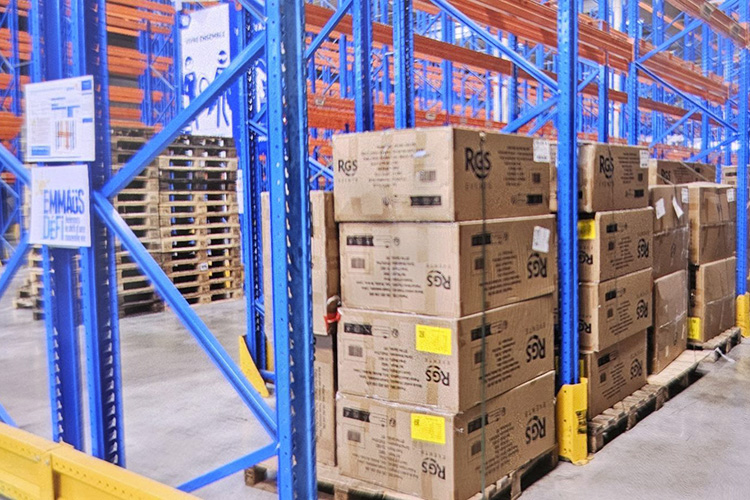FM Logistic has published a new white paper examining ways to make supply chains a lever towards a more responsible economy. “Business as usual is dead. How can the supply chain enable new consumption models?” examines ideas for reducing carbon emissions and waste from businesses’ transport, storage and order fulfilment operations.
The white paper is premised on four convictions:
- Current economic models are not sustainable.
- Responsible supply chain management can have a huge impact on global carbon emissions. The World Economic Forum estimates that eight supply chains, among which fast-moving consumer goods, account for more than 50% of global greenhouse gas emissions.
- Reducing one’s emissions makes environmental, social and business sense.
- Cooperation between manufacturers, retailers, contractors, third-party logistics companies and public authorities is key to progress.
Jean-Christophe Machet, FM Logistic’s CEO, says: “If the past two years have taught us anything, it is that supply chains need to change. Our new white paper echoes the proposals made during the FM Logistic “Supply Change” event in June 2021. In the meantime, we are making progress with our initiatives to drive our warehousing emissions down and in offering more sustainable urban logistics services.”
The use cases highlighted in the paper include:
- Engaging with suppliers on environmental issues for monitoring purposes and to develop more efficient processes
- Use and production of green hydrogen at and around logistics warehouses, using solar energy produced on-site
- Pooling of logistics resources (warehouses, fulfilment centres, delivery vehicles) to maximise cost and environmental effectiveness for manufacturers with similar products
- Temporary use of empty office spaces as micro logistics centres
The white paper is available in several languages:



